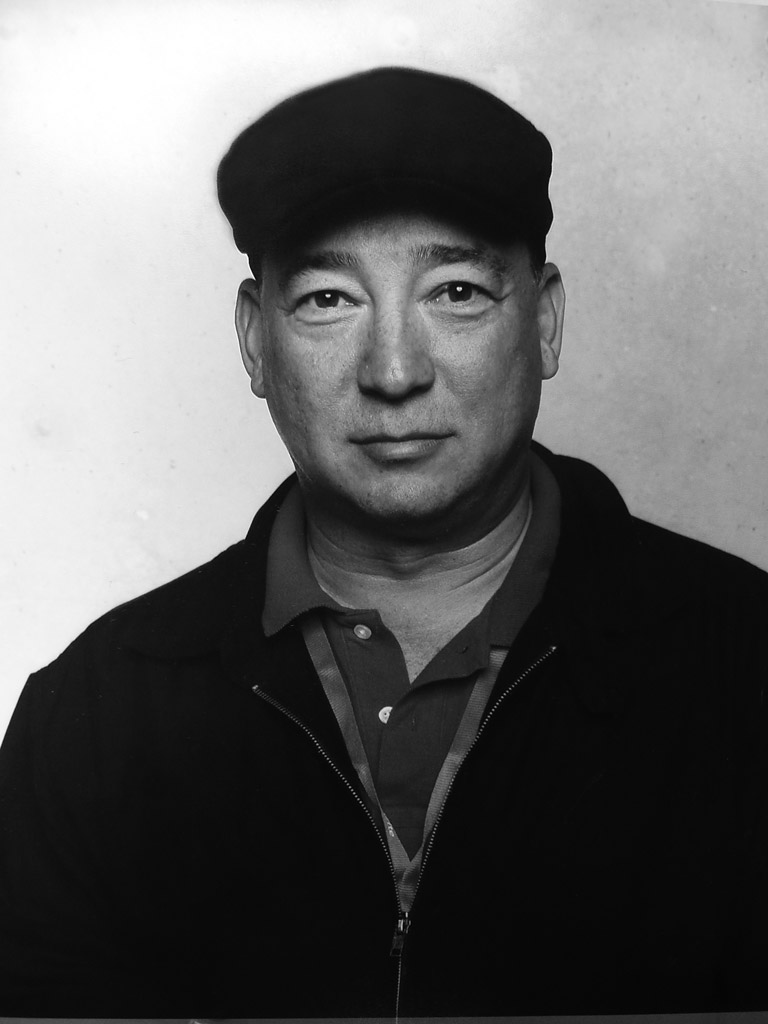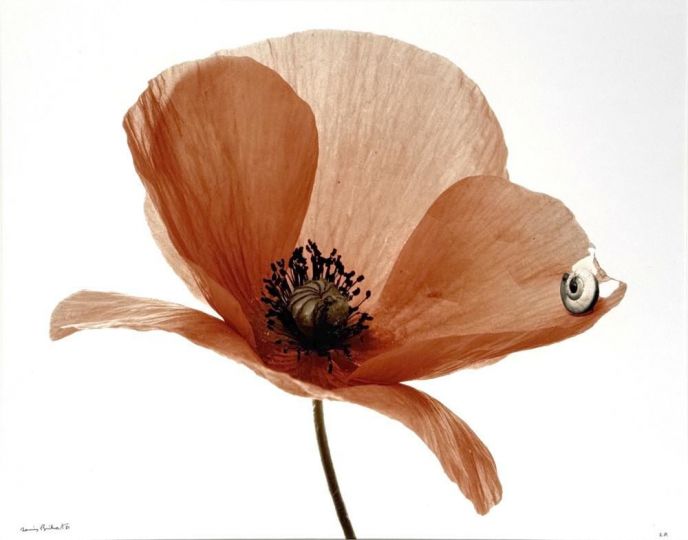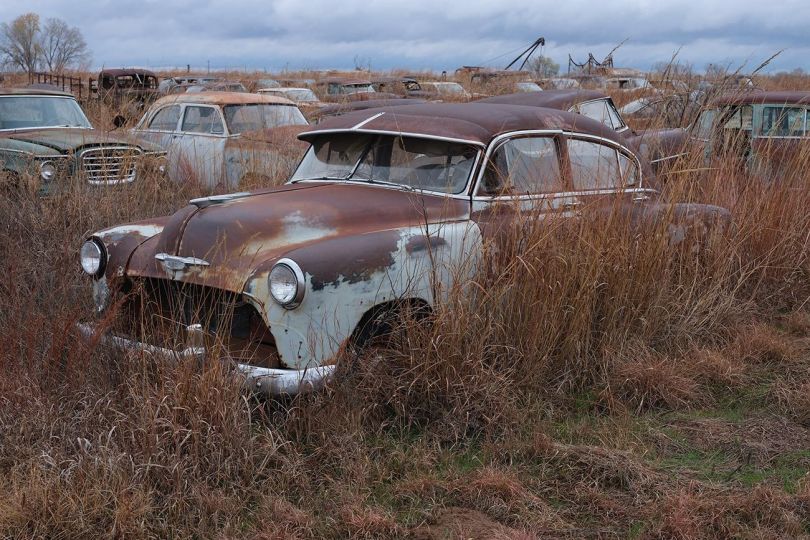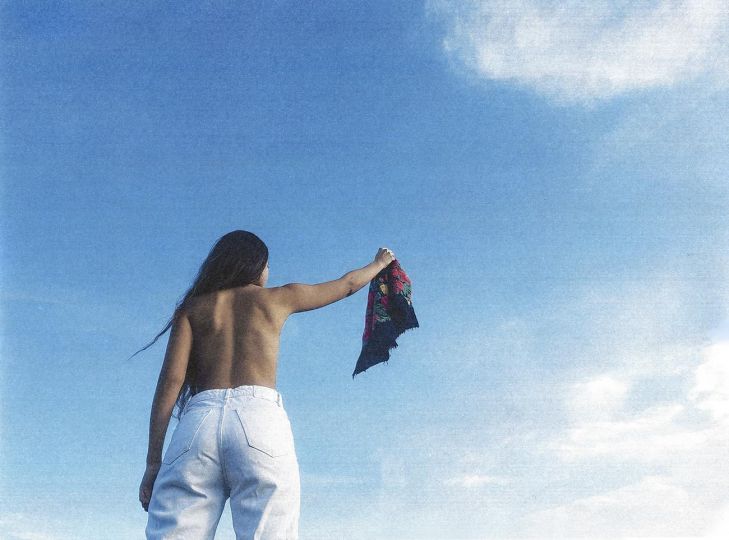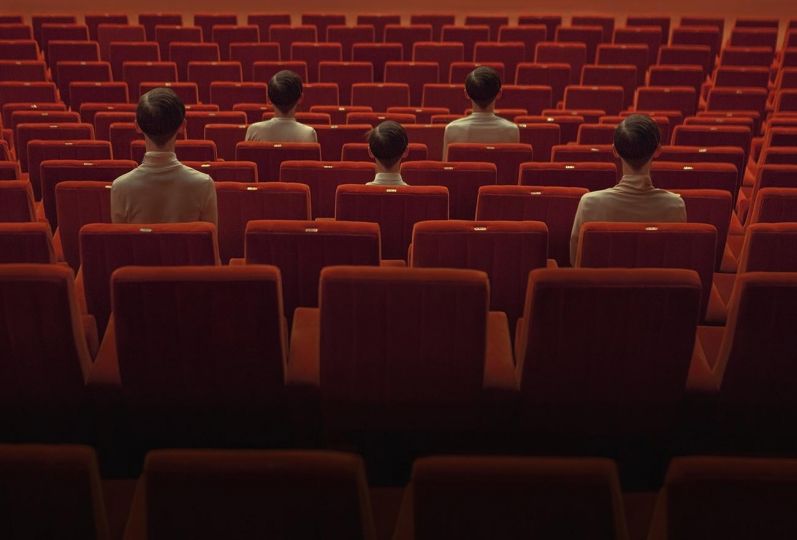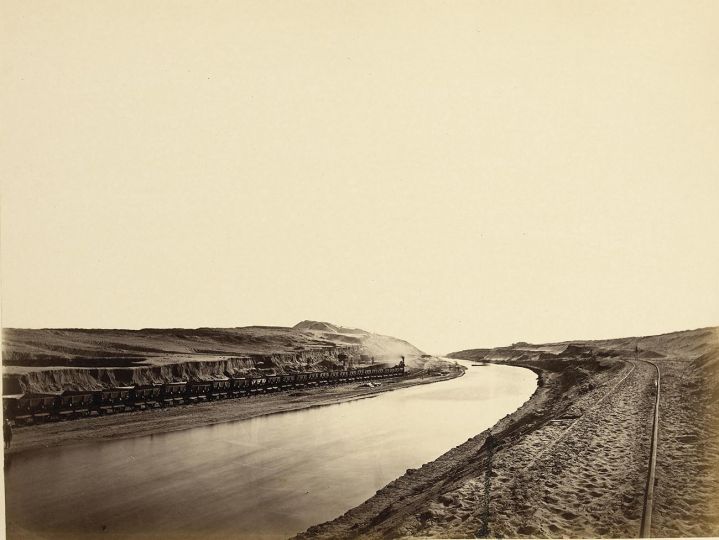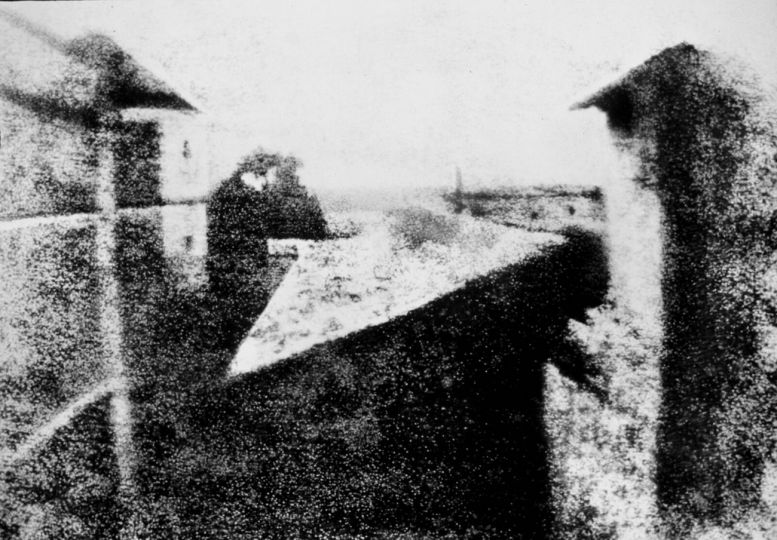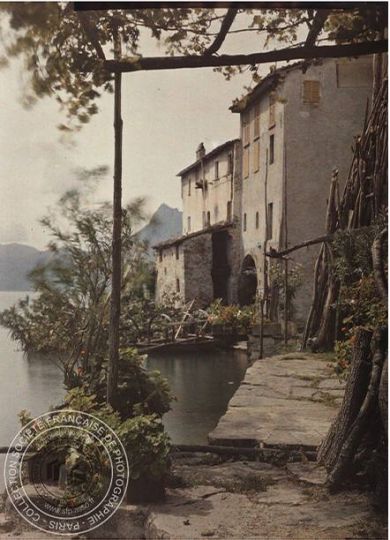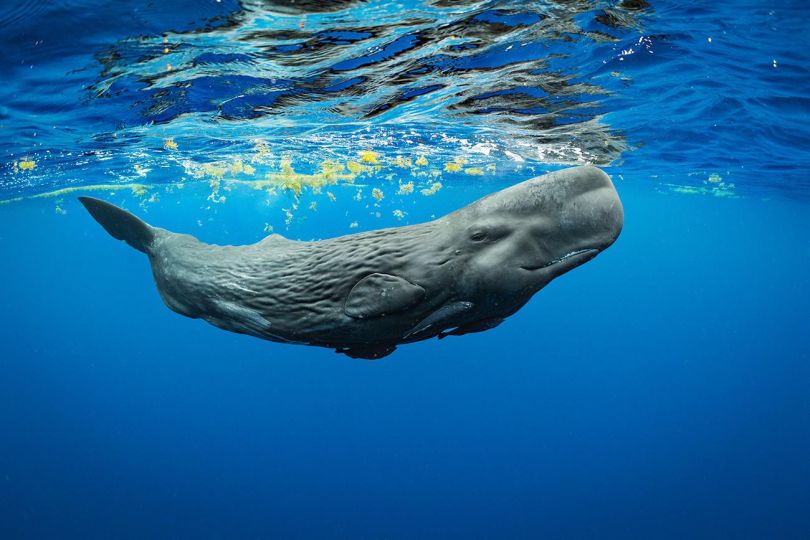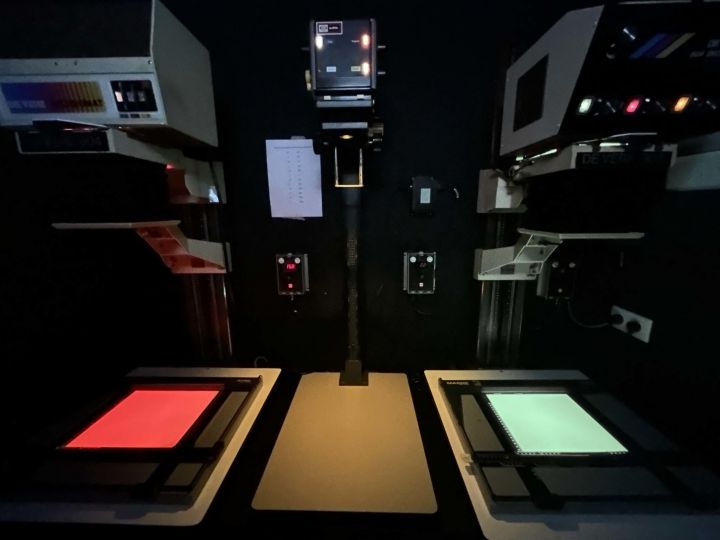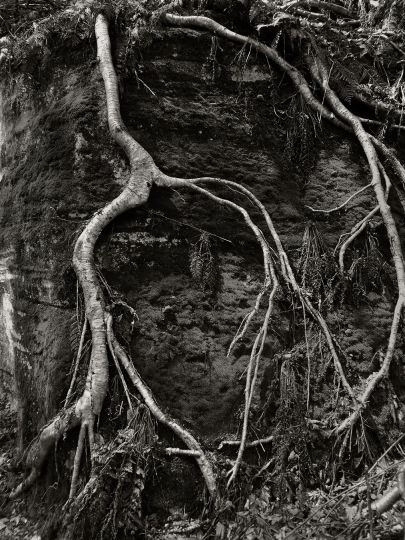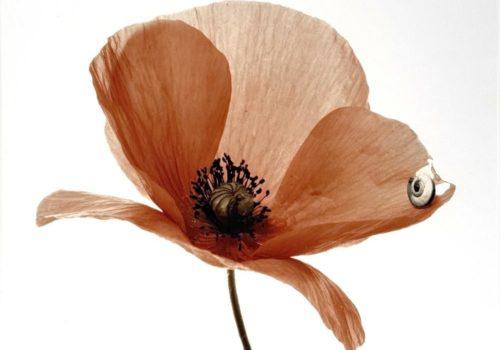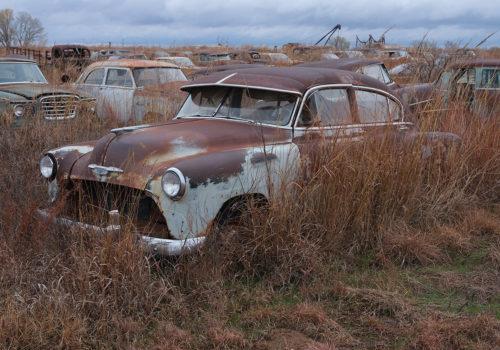As a former Chair of the World Press Photo Contest, I am saddened and deeply troubled by some of the results and aftermath of this year’s contest.
Every year, without exception, there is always controversy surrounding the World Press Photo of the Year and other winners. That’s the nature of our business. We all have different tastes, values and principles when it comes to the art of photojournalism, upon which this venerable contest has always been predicated. And “healthy” discussion is exactly that…healthy.
But this year, perhaps due to the ease and increased value being placed on social media, the contest, the results and subsequent “justification” of meritorious acknowledgement of the winners has reached an all-time high of vilification. This is NOT healthy.
So it is with profound respect that I must, in good conscience, voice my opinion regarding some of those results and post-result press releases.
First: Kudos on awarding Mads Nissen‘s image of homosexuality in Russia the World Press Photo of the Year. http://www.worldpressphoto.org/awards/2015/contemporary-issues/mads-nissen The recognition is a bold “political” statement regarding an important issue facing society today. But let me temper that excitement with a “caution” that judges should use their utmost professional discretion to insure the contest is being judged on photographic merits and not political ones.
Most photographs will have some sort of “political” element embedded in the image. We must be ardent when we are charged with assigning a “value” to it, that the photojournalistic merit and not the political element is driving our decisions. This year’s image has been, and can be argued on either side of that boundary…but I have no issues with the judge’s decision.
Second: It was stated that over 20% of the finalists were “disqualified” for manipulation of some sort. Again, Kudos for making a stand. But without showing examples or defining exactly what was done that was considered egregious, you have actually done a disservice to the photographic community.
How can future participants know what is considered “acceptable” when it comes to issues like toning when you do not show or explain what was done and why? And at the same time, you award images like the following: http://www.worldpressphoto.org/awards/2015/daily-life/sarker-protick?gallery=2900401 which to MY eye looks nothing like reality. Lovely images…but do these not constitute “alteration?”
So as you can see, I am perplexed…as I am sure many are…when World Press Photo says one thing, yet awards a set of images that “appears” to be contrary to your acceptable standards. Perhaps another press release clarifying this decision may also be in order…or at the very least, please consider publishing some of the20% that were disqualified so we may better understand the parameters that World Press Photo is using.
Third: This bring us to the last, and most troubling item; Giovanni Troilo‘s “The Dark Heart of Europe.” http://www.worldpressphoto.org/awards/2015/contemporary-issues/giovanni-troilo?gallery=2900401 There is no doubt in my mind that story fits the category of “contemporary issues.” There is also no doubt in my mind, that they are fine images. But…it is beyond the shadow of a doubt in my mind, that it is not photojournalism. It is, at best, photo illustration.
“Created” images have no place in the World Press Photo Contest…perhaps other than the portrait category…where the photographer has control of the environment they are placing the subject within. And even within that category, there is a fine line that must not be crossed. But, they definitely do not belong in contemporary issues.
Many of the images in this series “appear” to have been set-up. One in particular which I am having the most difficulty with, is the couple having sex in the car. The photographer stated, “My cousin accepted to be portrayed while fornicating with a girl in his friend’s car. For them it was not strange.” World Press Photo stated, “The cousin had given the photographer permission to follow him on this particular night, to observe and to photograph him having sex with a girl in public. Whether the photographer had been involved or not, the cousin had planned to have sex in the car.”
Upon inspection of the image, I am troubled by many things; the placement of the car with headlights illuminating the bushes and the light source that is illuminating the inside of the car (coming from BELOW the couple having sex…and not a roof light) So many questions come to mind. Would you leave the lights on the car on if you were having clandestine sex? Why would you light the interior of the cab from below? To me, the only reasons to do that would be to make a dramatically lit image. It does not look like a “found” moment.
In conclusion, let me say I am saddened to see images like this awarded in a category that has historically produced some of the finest stories of our generation. And I am equally saddened that World Press Photo has decided to uphold the award after some of these revelations were brought to light.
I have always had the utmost respect for the integrity of World Press Photo and will continue to do so…but for me, the polish has been tarnished. It is my hope that it will shine again.
http://jimcolton.com/blog/2015/3/2/an-open-letter-to-world-press-photo
http://www.worldpressphoto.org

